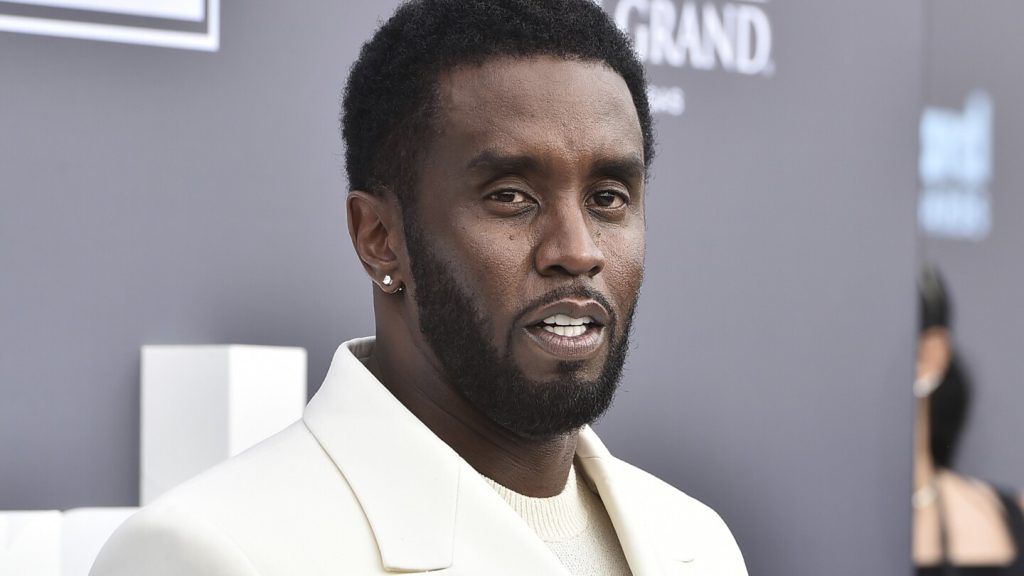NEW YORK (AP) — A jury is set to begin deliberations on Monday regarding the case of Sean “Diddy” Combs, following contrasting arguments from prosecutors and defense counsel about his alleged involvement in sex trafficking for two decades.
Prosecutors argued that Combs coerced and violently forced two former girlfriends to engage with male sex workers to satisfy his sexual desires. They highlighted instances of violence, asserting that these actions left the women without a choice.
In response, the defense attorney criticized the prosecution’s closing statement, claiming that their approach could transform typical lifestyle choices into criminal offenses for many Americans, including Combs and his partners.
At 55, Combs, the founder of Bad Boy Entertainment, has maintained his innocence regarding charges of sex trafficking and racketeering conspiracy. The trial resumes Monday, with the judge expected to provide legal instructions to the jurors prior to their deliberation.
Prosecutors Maintain Their Claims Against Combs
Last week, prosecutors caused a stir by suggesting they had rescinded claims of arson and kidnapping against Combs after agreeing to streamline the case at the judge’s request. However, during her closing arguments, Assistant U.S. Attorney Christy Slavik immediately emphasized these allegations, asserting that Combs had led a criminal organization that engaged in various offenses, including kidnapping and arson.
Defense Challenges the Credibility of the Government’s Case
Attorney Marc Agnifilo presented a theatrical argument, ridiculing the government’s actions as excessive and highlighting the absurdity of seizing bottles of lubricant from Combs’ homes. He contended that the prosecutors were unjustly targeting Combs, particularly following a lawsuit filed by a former girlfriend, Casandra “Cassie” Ventura, which initiated the criminal investigation.
Defense Appeals to Jurors’ Sensibilities
Agnifilo urged the jury to perceive the case as an intrusion into personal privacy, suggesting that the allegations reflect broader societal judgments about private lives. He characterized the investigation as absurdly expanding the definition of a crime to encompass private sexual interactions.
Judge Addresses Concerns About Prosecutorial Targeting
After Agnifilo’s closing remarks, the judge intervened, clarifying that the jurors should not concern themselves with the motivations behind the investigation. This was in response to Agnifilo’s claim that the government had singularly targeted Combs following the lawsuit.
Prosecution Concludes with a Call for Accountability
In a rebuttal, Assistant U.S. Attorney Maurene Comey reminded jurors that Combs is not above the law despite his status. She stressed that he has evaded accountability for two decades, urging the jury to recognize the overwhelming evidence against him and to deliver a guilty verdict.



